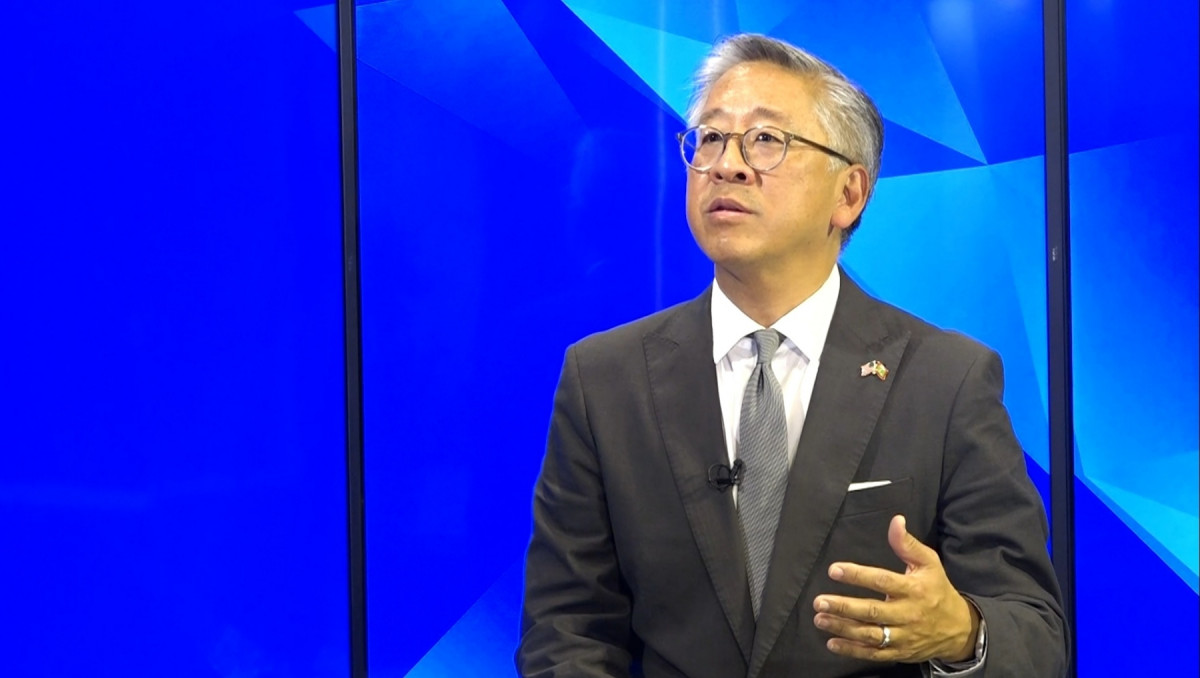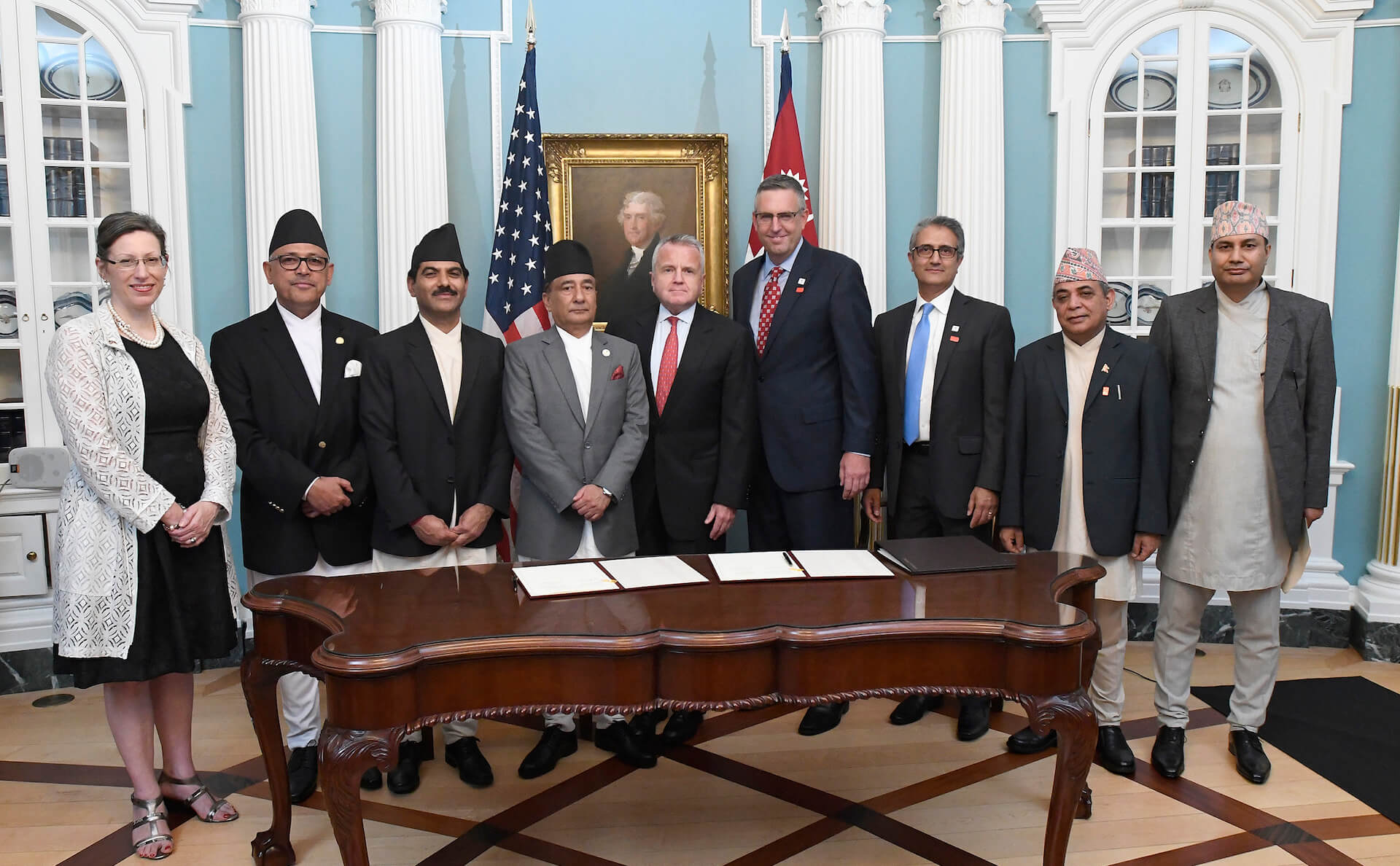On Wednesday, Nepalese police clashed with protestors who were demonstrating against an infrastructure project funded by the United States (US) over concerns about its impact on the country’s sovereignty. In fact, in the lead up to the protests, American officials had blamed China for spearheading a false information campaign against the project to undermine US-Nepal relations.
In 2017, American aid agency Millennium Challenge Corporation (MCC) approved a $500 million grant to fund infrastructure projects in Nepal, including power transmission lines and roads. The deal was offered in response to the Nepalese government’s request for assistance in 2011 and was celebrated by the Nepalese government.
Unlike other American grant projects, which begin implementation in 18 months, the Nepal-MCC grant project is yet to be ratified by the Nepalese government. The government has sought extensions and delayed ratification since 2019. Most recently, in September 2021, the Nepalese government sought another extension of four to five months, which is set to end on February 28.
Political opposition to the MCC proposal is led by the country’s communist parties, who believe that the terms of the grant are skewered and unfair to Kathmandu. They have argued that the grant attempts to target Nepal’s sovereignty by superseding domestic laws, asserting that the infrastructure projects are a part of the US’ Indo-Pacific Strategy and that they could result in US military presence in the country.
To address these concerns, American officials have been in touch with Nepalese leaders and have repeatedly reassured them that the grant is solely for promoting Nepalese development and that it does not have any military component. Furthermore, the American embassy in Kathmandu has clarified on its website that the grant came with “no strings attached, no interest rates, [and] no hidden clauses.” The only precondition is that Nepal must spend the money transparently and on the agreed-upon projects.
Against this backdrop, around 3,000 protestors took to the streets of Kathmandu and called for a closure of schools and a suspension of public transport across the country. The demonstrations took a violent turn, with protestors blocking traffic and attempting to set a vehicle on fire. Subsequently, the police forces in the capital city used tear gas and bamboo batons to disperse the crowds that were blocking access to the parliamentary building; 123 demonstrators were detained.
The US previously has blamed China for sponsoring the disinformation campaign against its MCC grant project in Nepal. According to a state department spokesperson quoted by Hindustan Times, China has “actively fomented or encouraged or funded or facilitated” disinformation surrounding the $500 million grant. To this end, the US has opined that it would be “deeply disappointing” if “outside influence and corruption” resulted in the failure of these projects.

In fact, US Ambassador to Nepal Randy Berry warned that withdrawing from the proposal would impact bilateral relations. Taking a veiled jab at China, he added, “Unfortunately, this development programme has been mired in disinformation. This is disinformation about a programme which is based on transparency, accountability, and democracy – who would be against that?”
Additionally, the US Assistant Secretary of State Donald Lu also warned Nepalese Prime Minister Sher Bahadur Deuba that if political leaders in Nepal fail to endorse the proposal by February 28, the US will be forced to review its ties with Nepal.
Keeping this in mind, Nepalese leaders have warned political opposition and protesters that revisiting the country’s commitments under the proposal could be detrimental. For instance, Prakash Sharan Mahat, the spokesperson for the Nepali Congress Party, said, “This grant is expected to help spur the economic growth in Nepal… We will continue to hold dialogue with other coalition partners as well as other political parties to mobilise their support to present the MCC Compact in the next session of the Parliament.”
However, the ruling party appears to be at a crossroads, considering that members of its coalition are among the opponents of the MCC proposal. Therefore, the Nepali Congress must find a way to pacify both the US and its coalition partners before the proposal heads for a parliamentary vote.

